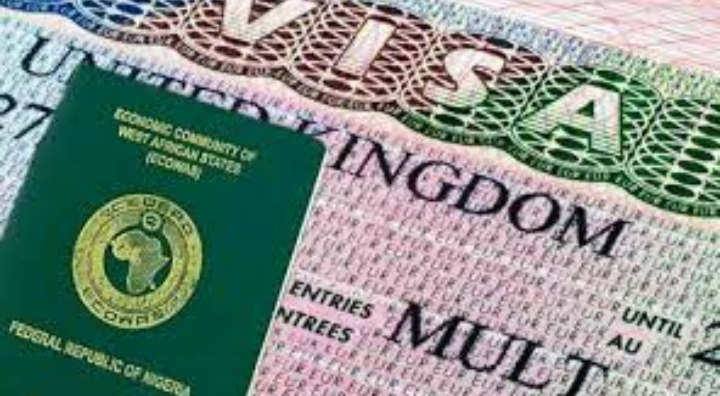The United Kingdom is considering tighter visa regulations for nationals of countries with high visa overstay rates, as part of a broader effort to reform its immigration system.
According to a report by The Times, the UK Home Office has identified Pakistan, Nigeria, and Sri Lanka as countries whose citizens are most likely to remain in the UK beyond the expiration of their visas. Many of these individuals reportedly apply for asylum after overstaying, which, if successful, grants them permanent residence.
In response, the UK government is preparing to impose stricter criteria on visa applications—particularly for work and study—from these nations.
“Our upcoming Immigration White Paper will set out a comprehensive plan to restore order to our broken immigration system,” a Home Office spokesperson said. “To tackle abuse by foreign nationals who arrive on work and study visas and go on to claim asylum, we are building intelligence on the profile of these individuals to identify them earlier and faster.”
The spokesperson added that the UK constantly reviews its visa policies and will act swiftly if any patterns emerge that undermine immigration rules. Full details of the proposed reforms are expected later in May.
Nigerians Already Feeling the Squeeze
Nigerian nationals have already faced mounting visa challenges in the UK over the past two years, especially following restrictions introduced by former Prime Minister Rishi Sunak. Changes targeting international students—including limitations on bringing dependents and reduced post-study work opportunities—have triggered a sharp decline in UK-bound applications from Nigeria.
Many Nigerian applicants have shifted their focus to the United States. However, that path has also narrowed, with former US President Donald Trump implementing strict visa enforcement measures, even threatening deportation for valid visa holders deemed not in the country’s best interest.
Data from 2024 reveals that Nigerian visa rejection rates for the UK surged from approximately 1 in 31 applications in late 2022 to 1 in 8 by the end of 2023. This led to a 63% decline in the number of UK visas issued to Nigerians year-on-year.
The sharp drop in approvals, coupled with the high cost of non-refundable application fees, has added considerable financial pressure on prospective travelers.
A previous report by TheCable disclosed that the UK government earned over ₦40 billion (approximately £20 million) from processing Nigerian visa applications between June 2023 and June 2024.
In light of these challenges, some African economists and development experts have urged young citizens to invest in their local economies rather than seek uncertain prospects abroad.

